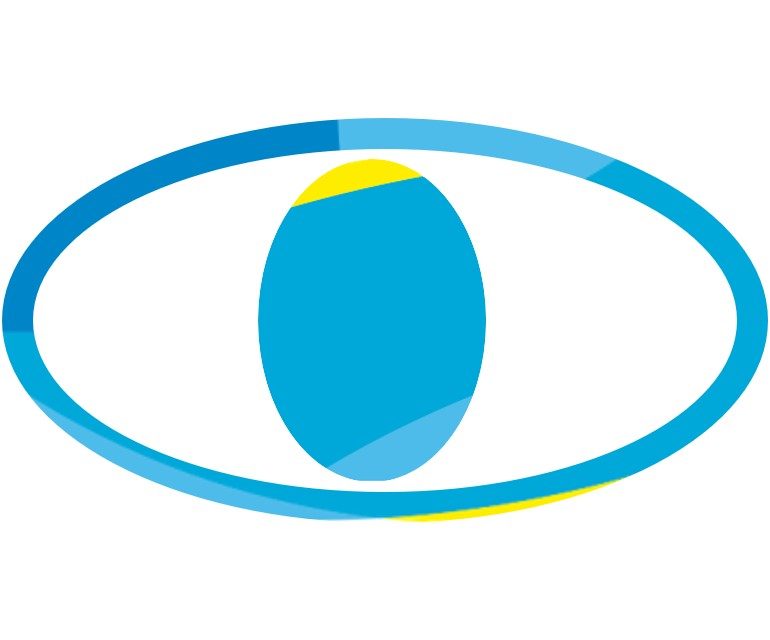Your eyes are one of life’s most precious gifts. They help you learn and communicate. As a result, looking after them is one of the most important things you can do. With that thought in mind, here are three ways you can start taking better care of your eye health and vision today.
Eat a healthy and balanced diet
Good nutrition is the key to keeping all your organs healthy — and that includes your eyes. Studies show that nutrients such as omega-3 fatty acids and zinc help decrease the risk of high eye pressure and glaucoma as you get older. As such, a healthy and balanced diet should include:
- Oily fish like tuna, mackerel, and trout
- Nuts like cashews, peanuts, and walnuts
- Eggs
- Beef
Studies also reveal that antioxidants and vitamin C and E are great for reducing the risk of cataracts. This means you should be looking to boost eye health by eating more:
- Citrus fruits like lemons, oranges, and grapefruits
- Leafy green vegetables like spinach and kale
- Sweet potatoes
Protect your eyes from UV light during three of the four seasons
Exposing your eyes to excessive UV rays increases the chances of developing cataracts, corneal sunburn, and even skin cancer around the eyelids.
UV rays come from the sun and can reflect off surfaces such as water and snow. This means everyone is at risk of UV damage all year, but if you work outdoors or are exposed to the sun every day, you should consider wearing sunglasses or contact lenses with built-in UV protection all year round. Or, at the very least, every season apart from winter.
When buying sunglasses for UV protection look out for:
- Eyewear that has 100% UV-A and UV-B protection
- Eyewear that reduces glare but does not distort colour
- Eyewear that has passed tests to receive the CE marking
Wearing sunglasses in all seasons also help to keep your eyes hydrated. Going outside without sunglasses means your eyes are more prone to drying out in windy conditions, increasing the chances of discomfort and injury.
Schedule annual eye tests
Most eye care professionals recommend having an eye test every two years. Although depending on your age, whether you currently wear glasses and medical history, this can increase to once every 12 months.
In addition to checking the clarity of your vision and ensuring your prescription for glasses or contact lenses is up to date, eye exams help detect:
- Glaucoma
- High blood pressure
- Hypertension
- Thyroid disease
- Autoimmune disorders
If you live in West Sussex and need support with the effects of sight loss — either at the point of diagnosis or finding extra advice and guidance — the 4Sight Vision Support Team are here to help. For more information regarding the support on offer, visit the services page.
There are many things you can do to keep your eyes healthy and disease-free. However, maintaining a healthy diet, protecting your eyes from UV rays, and regular eye tests are three of the best for reducing the risk of developing the most preventable sight-stealing problems.
About the author: Scott McDougall (MPharm) is the Co-Founder and Registered Manager of The Independent Pharmacy, one of the UK’s leading independent online pharmacies.








